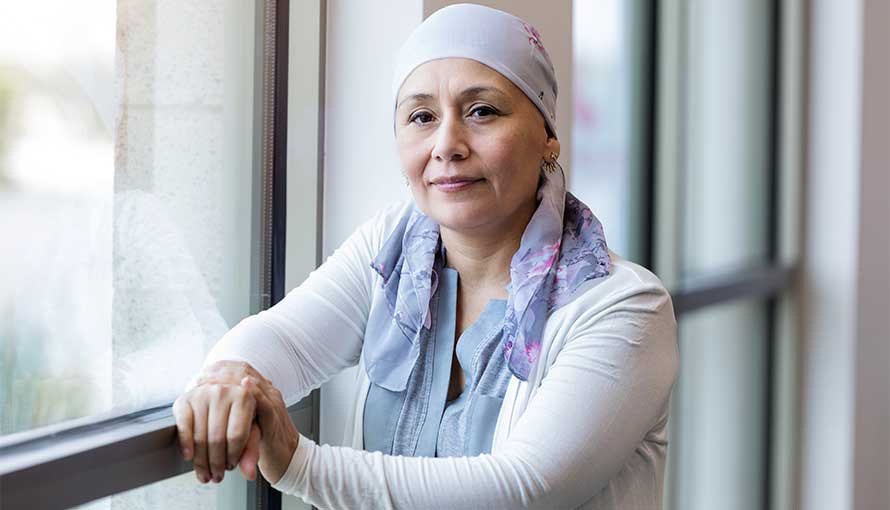Inflammatory Breast Cancer Recurrence

Inflammatory breast cancer recurrence can happen at any time, from months to years after the initial diagnosis and treatment. Recurrence can be local (within a treated breast or near a mastectomy scar), regional (within the lymph nodes or collar bone area on the same side as the affected breast) or distant (somewhere else within the body). Common sites for recurrence include the lymph nodes, bones, liver and lungs. With regard to the likelihood of recurrence, it’s important to remember that each patient’s circumstances are different, so a woman is advised to consult with her physician for specific information. That said, some indicators that a physician might consider when predicting the likelihood of inflammatory breast cancer recurrence include:
- Age – Younger women generally have a higher risk of breast cancer recurrence.
- Tumor size – Large tumors tend to recur more often than small tumors. Lymph node involvement — If lymph nodes were affected, recurrence is more likely.
- Positive or close tumor margins — During surgery, a surgeon will remove a small amount of normal tissue along with the cancer. A pathologist will examine the normal tissue under a microscope. If cancer cells are found in any part of the tissue border, a positive margin is present. If the margin between the tumor and the normal tissue is close, a close margin is present. Positive and close tumor margins can increase the risk of breast cancer recurrence.
- Radiation treatment after a lumpectomy — A lack of radiation following a partial mastectomy can increase the risk of local recurrence.
- Nuclear grade — Cancer cells with a high nuclear grade (the rate at which cancer cells divide to form new cells) are usually more aggressive and prone to recurrence.
Breast cancer recurrence is generally checked for periodically after treatment. A physician will work with a patient to determine the best schedule for her unique situation. For most types of breast cancer, follow up generally consists of a physical examination every three to six months for the first three years after diagnosis, and then yearly thereafter, along with an annual mammogram. In comparison to other types of breast cancer, inflammatory breast cancer recurrences tend to happen earlier (within the first two years following diagnosis and treatment). Additionally, because inflammatory breast cancer is usually aggressive and progresses rapidly, it’s very important for a woman to continue to perform monthly self-exams and remain vigilant for symptoms of recurrence.
Moffitt Cancer Center, the only National Cancer Institute-designated Comprehensive Cancer Center in Florida, is continually offering innovative techniques for the screening, diagnosis and treatment of all forms of breast cancer. As a key part of our program, we perform extensive research and lead innovative clinical trials to investigate new modalities to improve breast cancer survival rates and enhance our patients’ quality of life.
To learn more about inflammatory breast cancer recurrence, please contact us at 1-888-663-3488 or schedule an appointment online. We’ll be pleased to see you with or without a referral.
